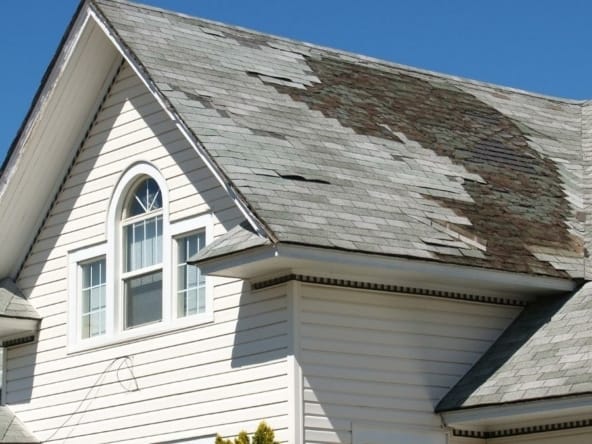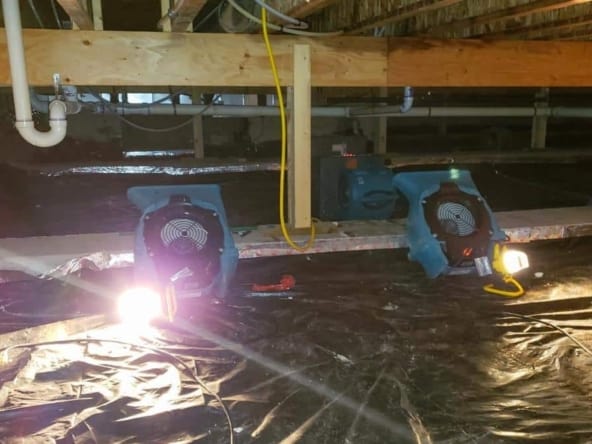If you are 50-something years old, you may wonder if you are too old to buy a house. Some years back, a general assumption was that most people retired at 60 to 65 years old.
Nonetheless, today, many people past 65 are still at work. So, in your 50s, you still have many working years ahead of you, which means more money to invest in home ownership.
Once you hit 50, you have likely accumulated some savings and belongings and are familiar with real estate wisdom.
So, if you’re wondering, is it wise to buy a house in your 50s?
The answer is the process differs from any other time since home ownership usually falls among young people. So, many factors come into play.
Factors To Consider Before You Buy a House in Your 50s
So, is it wise to buy a house in your 50s? That all depends on your circumstances. So, before you buy a home, look into the factors below that may impact your purchase.
Mortgage Payments
You wouldn’t want to pay a mortgage as an older adult. So, consider a shorter mortgage plan or beneficial types your bank offers.
For instance, a 15-year plan would be better than a 30-year mortgage plan. That way, you can pay off your loan while still at work. So, when you retire, your cost of living will be lower, and you won’t have financial burdens.
Do adequate research about the different mortgage institutions available so you can settle for the best. Also, since mortgages need a lot of detailed considerations, you could ask for assistance from a trusted advisor.
Current Home’s Equity
If you already have a house, you can use a cash-out refinance to tap into built-up equity. A cash-out refinance lets you borrow more on the mortgage you already have and remain with the difference.
Many lenders have programs to help you get some equity from your primary residence. You can then use the cash to buy a second home for pre-retirement.
When you cash in on your equity, you get many benefits based on personal goals and factors. Nonetheless, always talk to a financial expert first. Ensure that freeing up equity is the best long-term economic plan for you.
Financial Future
Many people in their 50s have financial stability, but not for everyone, so understand what you can afford right now and in the future when your earning power decreases. You should be able to maintain your home and any new mortgage payments.
If you have health complications, you may face serious medical expenses in the future. Also, if you have or will have a child in college, you may want to budget for tuition.
Any upcoming major costs could interfere with your payment. So, understand your financial future before you decide to buy a house.
Retirement Lifestyle
Consider the activities you would like to enjoy during retirement. For instance, you might plan to buy a house because you want a new location to enjoy your retirement.
If you plan to travel around after retirement, factor in lawn care and maintenance costs for the times you will be away.
A retirement community or condo that does lawn care is an ideal plan for frequent travelers. Plan well to avoid a situation where you buy a home only to realize you don’t like your choice of house or location.
House Size
Your 50s could be the perfect time for you to downsize. So, think about what you and your family’s future will look like. If you have children, look into how much longer you will live with them. Also, a smaller, less costly house frees up your finances, which you can put into other use like future healthcare.
You may not want to downsize if your ideal home is a multi-generational family residence for your kids or parents.
Health Considerations
If you plan to stay in your new home permanently, keep in mind that your health may change. So, choose a location and design suitable for you at old age.
For example, you may not have any challenges climbing up the stairs to your main bedroom in your 50s. However, the case may change when you get to your latest or eighties.
Also, remember that a time may come when you won’t be able to drive. You can’t also depend on friends or family to be there a hundred percent of the time for your appointments or to shop for goods for you. If possible, buy a home near public transport or within walking distance to shops.
How Long Do House Components Last?
You may like to believe that when you buy a home, the components will last forever. But, like many other things, the parts wear out with time and usage. Once you understand the life expectancies of different elements, you avoid unpleasant surprises.
The Bank of America Home Equity and the National Association of Home Builders researched the expectancy of home components. The results are discussed below.
Roof
Roofs’ life expectancy depends on the roofing materials, maintenance, and weather conditions. Below are the life expectancies of different roof materials.
| Material | Life expectancy in years |
| Ethylene Propylene Diene Monomer (EPDM) Butter | 15-25 |
| Fiber Cement | 25 |
| Wood | 25 |
| Asphalt | 30 |
| Metal | 40 – 80 |
| Copper | 70+ |
| Clay | 100+ |
Landscape Features
How long your landscape materials last depends on the lifespan of the materials you use. You may have to update different features from time to time, but the expected lifetimes are as follows.
| Material | Life expectancy in years |
| Mulch | 1-2 |
| Gravel Walks | 4-6 |
| Asphalt | 15-20 |
| Wood Fences | 20 |
| Concrete Walks | 40-50 |
| American red clay | 100+ |
| Polyvinyl Fence | 100+ |
Windows
The lifespan of windows is primarily dependent on the type of material. Other factors that come into play include weather events, installation, and usage. The table below explores the expected life of different window materials.
| Material | Life expectancy in years |
| Double pane windows | 18-20 |
| Window Glazing | 10+ |
| Skylights | 10-20 |
| Aluminum clad | 15-20 |
| Wood | 30+ |
| Fiberglass | 20-40 |
Appliances
The life expectancy of appliances depends on usage and maintenance. You could also replace your devices earlier since technology and styles change with time. Typical home components and associated life expectancies are listed in the table below.
| Item | Life expectancy in years |
| Plastic dryer vent | 5 |
| Humidifiers and dehumidifiers | 8 |
| Washing machine | 5-15 |
| Microwave | 9 |
| Refrigerator | 9-13 |
| Gas oven | 10-18 |
| Dryer | 13 |
Plumbing and Fixtures
Some plumbing materials like sinks and toilets can last as long as your house lasts with proper maintenance. Here are the top faucets and fixtures you can find in your new home and how long you expect each to last.
| Item | Life expectancy in years |
| Sewer grinder pump | 10 |
| Shower heads | 20 |
| Flex gas lines | 30 |
| PVC and ABS waste pipe | 50-80 |
| Black steel gas lines | 75 |
| Soapstone kitchen sink | 100+ |
| Toilets and urinals | 100+ |
Electrical and Lightings
Copper wires you can expect copper wires to last a lifetime. However, electrical accessories and lighting have a shorter life span of 10 to 30 years.
Also, electrical faults may necessitate getting a replacement before the end of an item’s life. Either way, you can expect the life years in the table below for different electrical components.
| Item | Life expectancy in years |
| Solar system batteries | 3-12 |
| Propane backup generators (residential) | 12 |
| Wind turbine generators | 20 |
| Solar panels | 20-30 |
| Lighting controls | 30+ |
| Fixtures | 40 |
| Bare copper | 100+ |
HVAC
Various HVAC systems have different expected lifespans, as listed below. However, you can only achieve or even exceed the expected lifetime with proper care and maintenance.
| Component | Life expectancy in years |
| Ventilator | 7 |
| Central air conditioner | 7-15 |
| Condenser | 8-20 |
| Heat exchanger, induction, and fan coil units | 10-15 |
| Furnace and gas fireplace | 15-25 |
| Thermostats | 35 |
| Ducting | 60-100 |
You may decide to buy an already used house in your fifties, meaning the life expectancy of different house components in a used home has already declined.
In such cases, you won’t be able to experience the entire lifetime of some features. So, if you want to monitor the life of your house components effectively, opt for a new house.
Conclusion
Real estate can be a significant investment at any age, but is it wise to buy a house in your 50s? While you can still buy a house in your 50s, determining whether or not the decision is wise depends on your individual goals and outcome.
The key is to ask the right questions, get the correct answers, and use the factors above to make the wisest decision.





